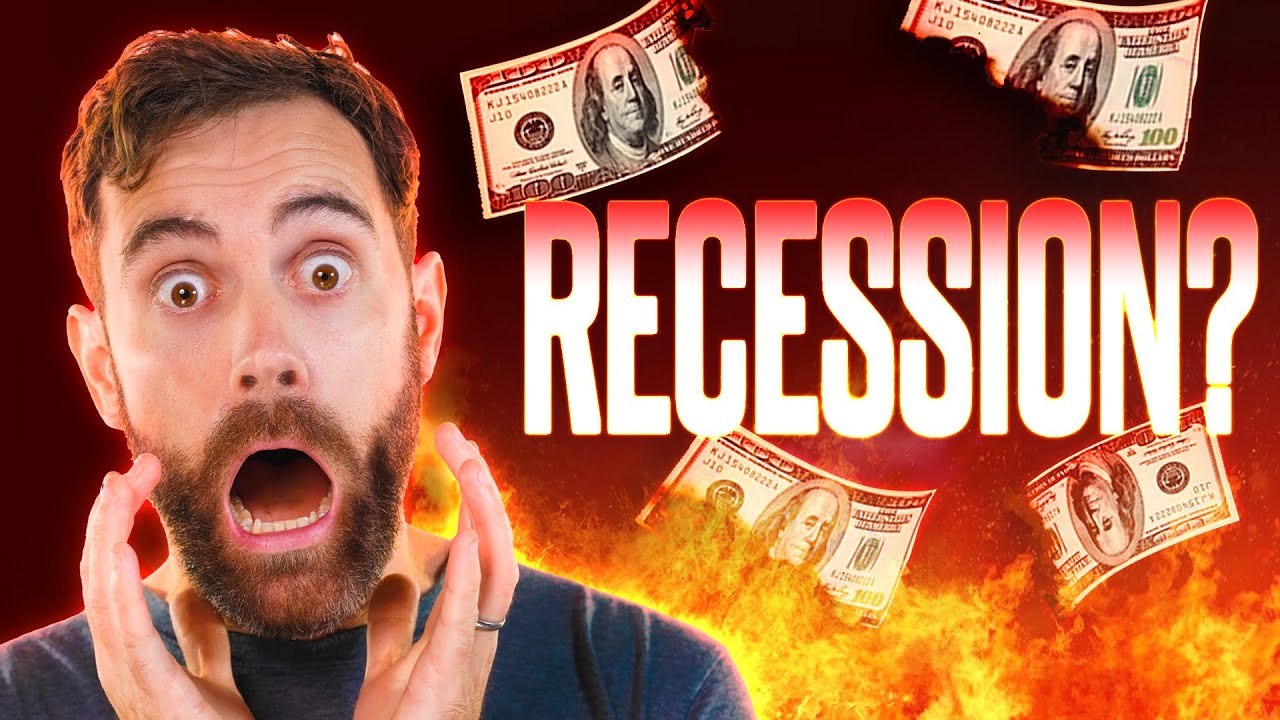In this blog post, we will explore the looming possibility of a recession and what it could mean for our readers and their portfolios. Let’s delve into how we can navigate through these uncertain times together.
Recession Soon?? What It Means For You & Your Portfolio!!
Introduction
Hey there, folks! Today, we’re diving into the world of recessions – those pesky economic downturns that send shivers down the spine of investors and regular folks alike. Whether you’re a seasoned market pro or just dipping your toes into the world of finance, understanding the ins and outs of a recession is crucial for making informed decisions about your hard-earned money. Join us as we unravel the mysteries of recessions and explore what they mean for you and your portfolio.
What Is a Recession and Why Should You Care?
-
Let’s kick things off by demystifying what exactly a recession is. Simply put, a recession occurs when the economy hits the brakes, leading to a slew of unpleasant consequences like job losses and market declines. In other words, it’s like hitting a rough patch in an economic road trip.
-
The technical jargon alert! Economists define a recession as two consecutive quarters of negative GDP growth. So, if the country’s economic output is in the red for six months straight, buckle up for some turbulent times ahead.
The US Economy Takes a Hit: A Recap of 2022
-
2022 wasn’t all sunshine and rainbows for the US economy. We saw a technical recession rear its ugly head, with GDP numbers doing a sad little dance in the wrong direction. When the numbers paint a gloomy picture, it’s time to brace for impact.
-
Fun fact: In the US, the National Bureau of Economic Research holds the keys to officially declaring a recession. They’re like the judges of the economic Olympics, deciding when the economy takes a tumble.
Predicting the Unpredictable: Can We See a Recession Coming?
-
Trying to predict a recession is like peering into a crystal ball. Economists pore over GDP data and economic indicators, hoping to catch a glimpse of the impending storm on the horizon.
-
One popular indicator that gets tongues wagging is the “yield curve inversion.” When long-term interest rates dip below short-term rates, it’s like a red flag signaling trouble ahead. Think of it as a warning siren blaring through the financial markets.
The Role of Central Banks and Fiscal Policies
-
Central banks play a pivotal role in the economic tango. By tinkering with short-term interest rates, they can influence lending behavior and potentially stave off a full-blown recession. Imagine them as the conductors of the economic orchestra, trying to keep everything in harmonious balance.
-
On the flip side, government spending and fiscal policies can throw a wrench into the recession timeline. Pumping money into the economy can soften the blow, while tightening the purse strings can speed up the economic downturn. It’s a delicate dance between stimulating growth and preventing overheating.
Conclusion
In conclusion, folks, recessions are like unwanted guests crashing the economic party. They bring job losses, market chaos, and a whole lot of uncertainty. By understanding the signs and signals of an impending recession, you can better prepare yourself and your portfolio for the bumpy ride ahead. Remember, knowledge is power when it comes to navigating the choppy waters of the financial world. So, stay informed, stay vigilant, and above all, stay savvy when it comes to recessions and their impact on your financial well-being!




